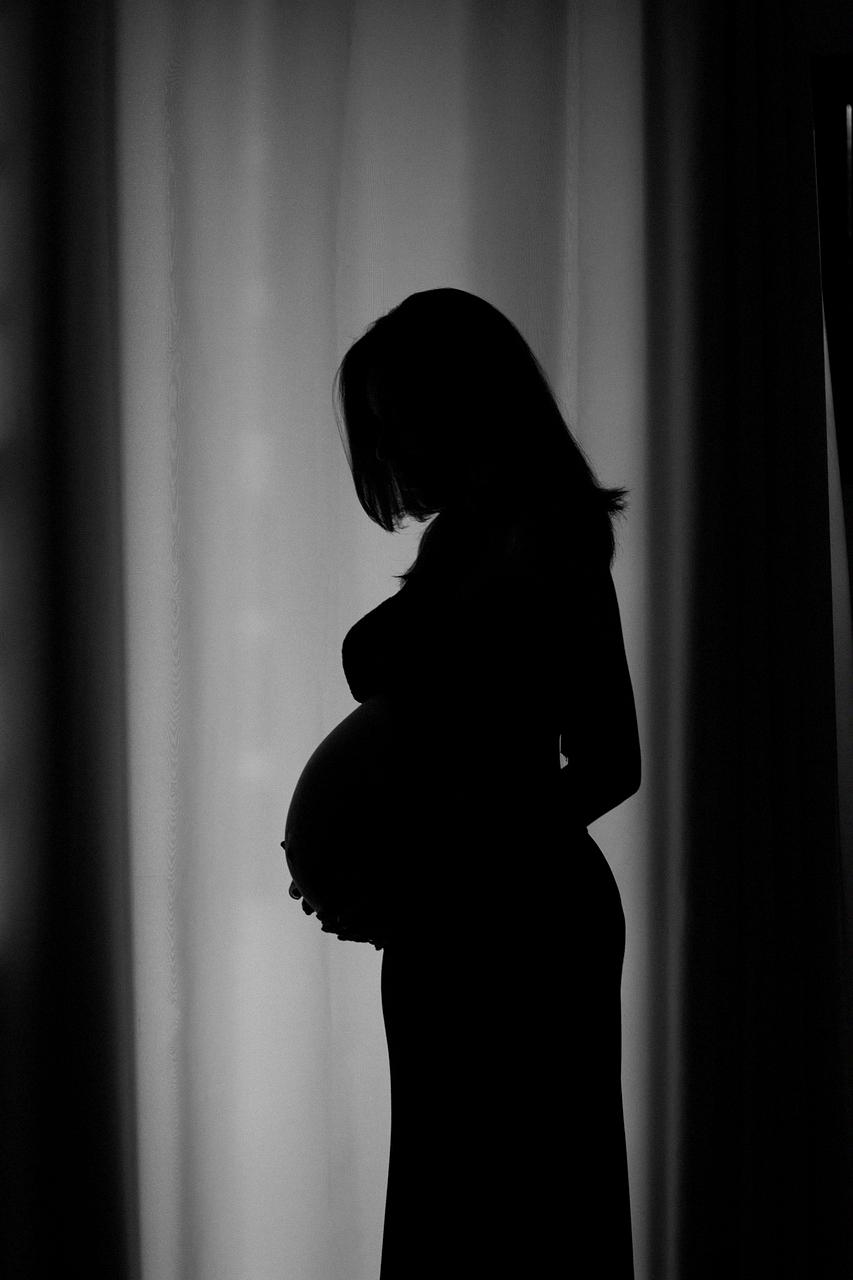When it comes to the question of whether Amitriptyline, a commonly prescribed antidepressant, can make it hard to get pregnant, there are some key considerations to keep in mind. While there is limited information available about the specific effects of Amitriptyline on fertility, it is essential to discuss any concerns with your healthcare provider, especially if you are actively trying to conceive.
One important factor to consider is that the impact of antidepressants on fertility can vary from person to person. Some individuals may experience changes in their menstrual cycle or other reproductive functions while taking Amitriptyline, which could potentially affect their ability to conceive. However, these effects are not universal, and many individuals are able to get pregnant while taking this medication.
It is crucial to emphasize the importance of open communication with your healthcare provider when it comes to managing your mental health while trying to conceive. Your doctor can provide personalized guidance based on your unique medical history and circumstances to help you make informed decisions about medication use during this important time.
Additionally, there may be alternative treatment options available that can help support your mental health while minimizing potential risks to fertility. Your healthcare provider can work with you to explore these options and develop a comprehensive treatment plan that aligns with your goals for both mental wellness and family planning.
It is also important to consider the potential impact of stress on fertility when discussing the use of antidepressants like Amitriptyline. Mental health issues can have a significant impact on overall well-being, including reproductive health, so addressing any concerns or symptoms of depression or anxiety is essential for optimizing fertility.
When evaluating the potential risks and benefits of taking Amitriptyline while trying to conceive, it is essential to take a holistic approach that considers both your mental health needs and your fertility goals. Working closely with your healthcare provider can help you navigate these complex factors and make informed decisions about your treatment plan.
Remember that fertility is a complex and multifaceted aspect of health, influenced by a wide range of factors beyond medication use alone. While Amitriptyline may have an impact on some individuals’ fertility, it is essential to consider the broader context of your overall health and well-being when assessing potential risks and benefits.
In conclusion, while there is limited information available about the specific effects of Amitriptyline on fertility, it is unlikely to be a significant barrier to conception for most individuals. However, if you have concerns about how this medication may be affecting your ability to get pregnant, it is crucial to have an open and honest discussion with your healthcare provider to explore your options and ensure that your treatment plan aligns with your goals.

